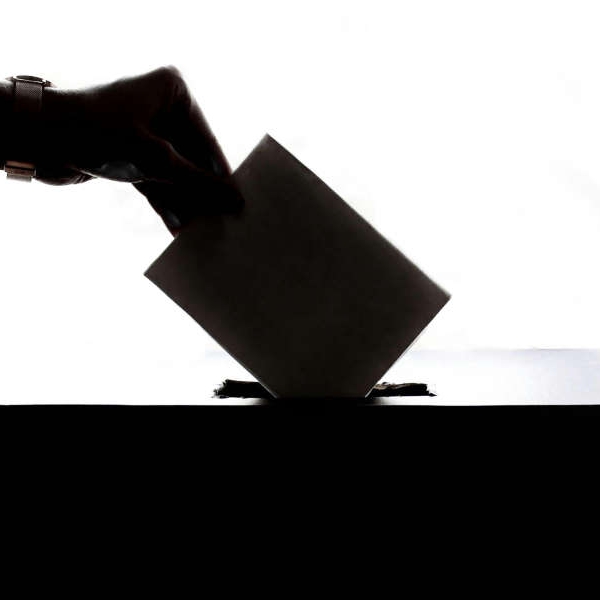
Just days into this election season and there has already been controversy.
As locals prepare for the upcoming election season, political parties are unveiling ambitious plans to reshape the country’s landscape, focusing on housing, domestic affairs, economic relief, and government transparency.
Each of the major parties have laid out some of their vision.
Fianna Fáil, led by Micheál Martin, is advocating for a reimagined approach to domestic policy.
If re-elected, the party plans to establish a new Department of Domestic Affairs, which would fall under the Minister for Justice’s purview.
This department would manage immigration and other domestic issues, centralising some of Ireland’s most critical areas within a specialised unit.
Alongside this structural change, Fianna Fáil has committed to intensifying housing efforts, aiming for an ambitious target of 60,000 new homes annually over the next five years.
In the same space, Fine Gael said it would allocate €10 billion of the Apple Tax reserve specifically for housing.
Its new policy document, released this morning, details plans to deliver 303,000 homes between 2025 and 2030.
The party is also doubling down on the Help to Buy and First Home Schemes, which it calls “red line” issues in any potential coalition agreements.
Meanwhile, Sinn Féin is focusing on easing the tax burden on workers, announcing a plan to phase out the Universal Social Charge (USC) for low-income earners.
Starting in 2025, Sinn Féin intends to eliminate the USC for workers earning under €30,000 annually, with a subsequent expansion to cover those earning up to €45,000 by 2026.
The party estimates that this initiative could benefit two million workers.
The Social Democrats have taken a different approach, prioritising government accountability and fiscal oversight.
The party is proposing the creation of a Government Accountability Office that would review financial decisions across all government departments.
Alongside this, they aim to establish an anti-corruption agency to combat what they call a “cosy golden circle” of political and corporate interests.
Labour has planned to build an extra 6,000 social and affordable homes a year taking public targets up to 22,000 state funded homes.
The party also has plans to introduce street by street retrofitting with free upgrades, and heat pumps.
It also plans to double the Rent Tax Credit to €1,500.
Just days into this election season, however, and there has already been controversy.
At a recent launch for Fine Gael Minister Peter Burke’s re-election campaign, Ryanair CEO Michael O’Leary drew backlash for his remarks about government and workforce diversity.
O’Leary said he “wouldn’t hire teachers to get things done” and called for greater diversity in the Dáil.
Although Taoiseach Simon Harris quickly distanced himself from O’Leary’s comments, the moment has sparked criticism.
Speaking at Fianna Fáil’s manifesto launch, Tánaiste Micheál Martin openly rebuked Fine Gael members present at the event, who were seen laughing at O’Leary’s remarks.
Martin argued that the attendees’ behavior warranted attention, noting that such moments reflect on the character and culture of those representing the party.
Meanwhile, the National Youth Council (NYC) of Ireland is encouraging young people to register to vote.
With cut off day tomorrow, The NYC say almost 600 thousand young people have yet to register, while there's almost 60 thousand who have turned 18 and haven't signed up.
Data from a Red C poll shows most young adults believe politicians are not representing their issues.

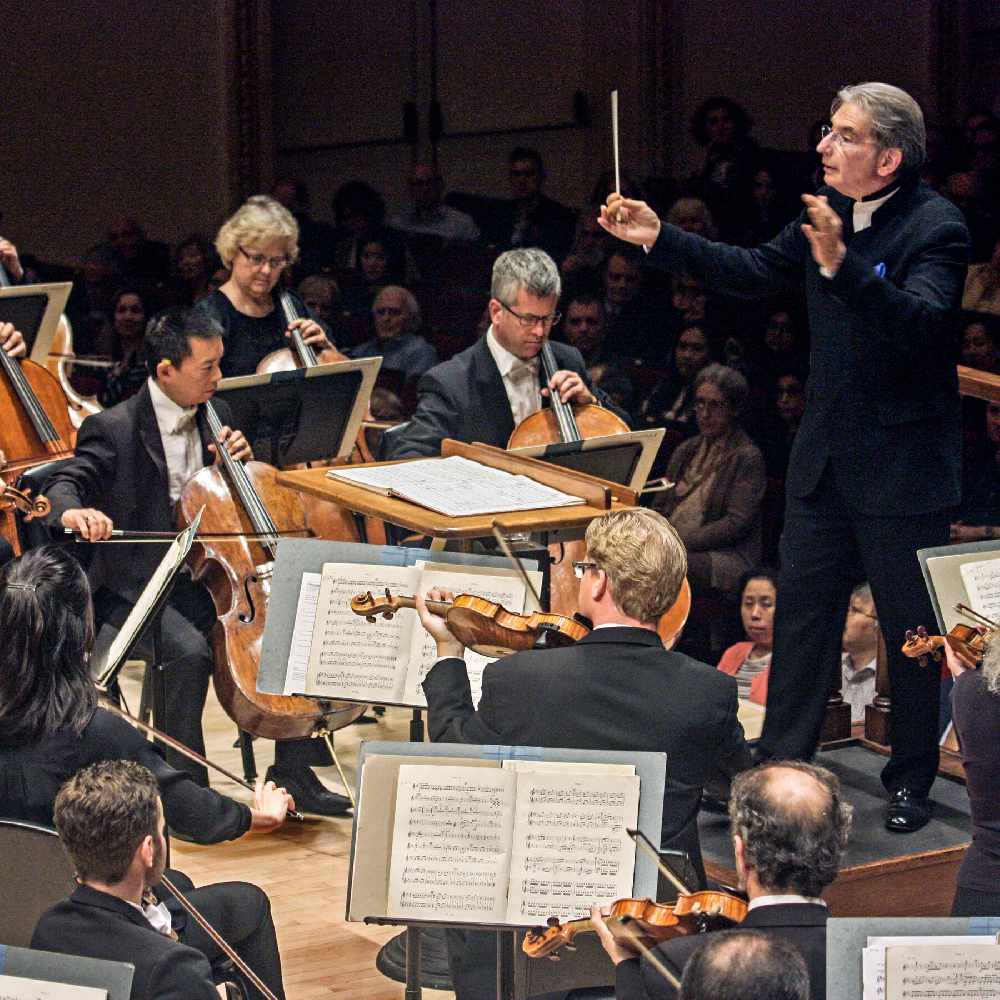

 RSA Urges Caution As Locals Face Flooded Area's Over The Bank Holiday Weekend
RSA Urges Caution As Locals Face Flooded Area's Over The Bank Holiday Weekend
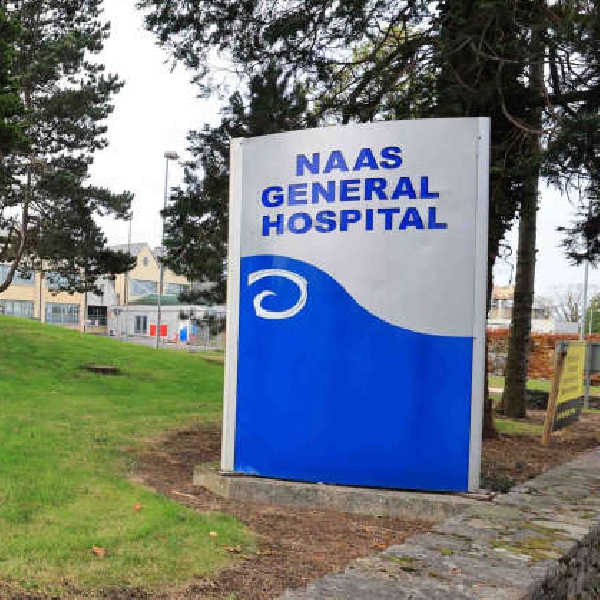 Visiting Restrictions Introduced At Naas General Hospital Due To Norovirus Concerns
Visiting Restrictions Introduced At Naas General Hospital Due To Norovirus Concerns
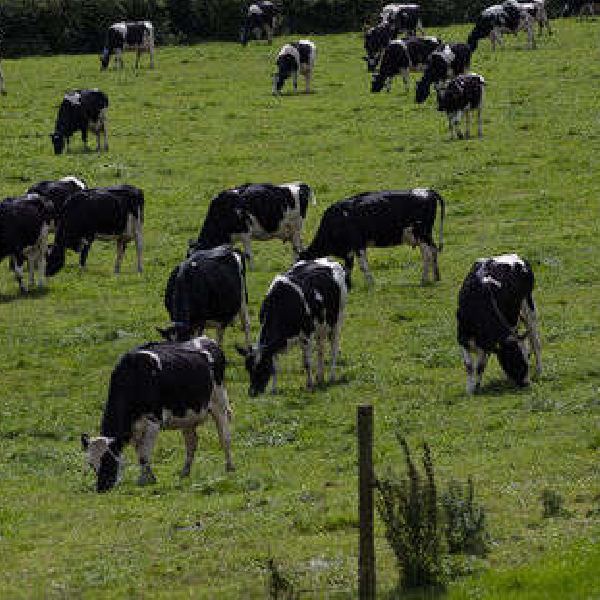 Kildare Farmers Receive €5.9 Million from Lakeland Dairies in 2024
Kildare Farmers Receive €5.9 Million from Lakeland Dairies in 2024
 Irish Troops Prepare for Deployment to Lebanon
Irish Troops Prepare for Deployment to Lebanon
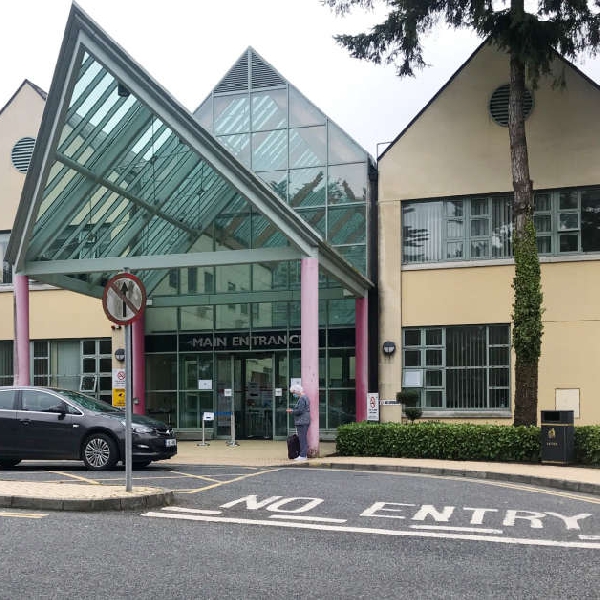 Teens In Mental Health Crisis Left Waiting Up To A Week For Care
Teens In Mental Health Crisis Left Waiting Up To A Week For Care
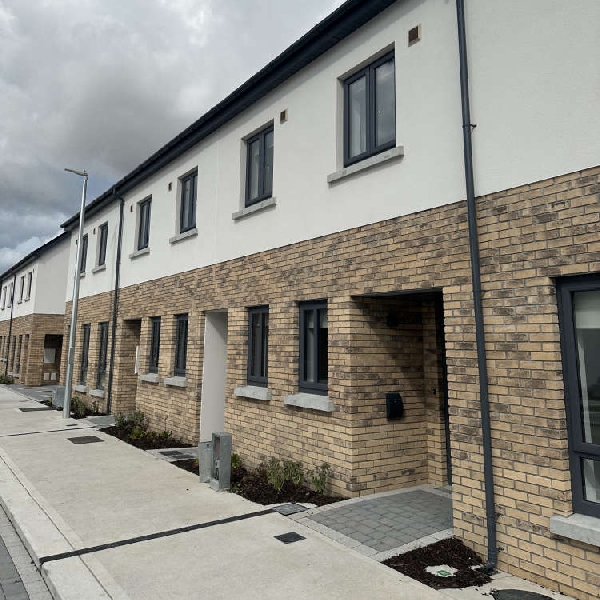 Only 5 HAP Properties Available In Kildare Amid Deepening Rental Crisis
Only 5 HAP Properties Available In Kildare Amid Deepening Rental Crisis
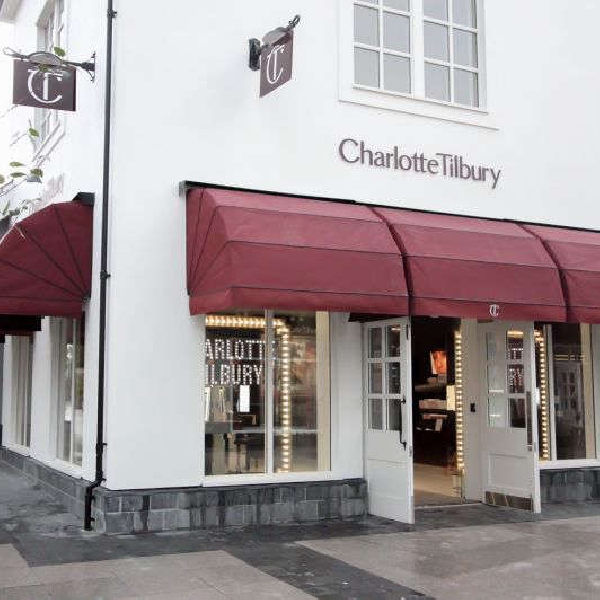 €500 Worth Of Cosmetics & Perfumes Stolen From Popular Store In Kildare Village
€500 Worth Of Cosmetics & Perfumes Stolen From Popular Store In Kildare Village
 Kilcullen Students Wins Second Prize In Texaco Children's Art Competition
Kilcullen Students Wins Second Prize In Texaco Children's Art Competition

